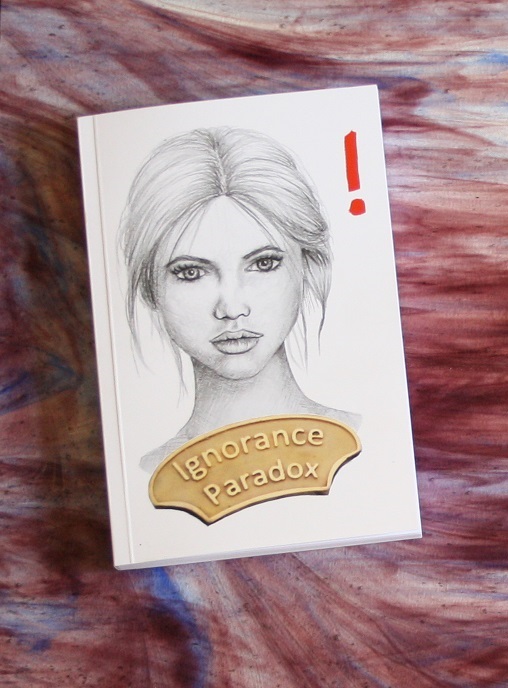
Saving lives in the most troubling of times.

Saving a life. One of the noblest things one can do. However, is it as black and white as it first appears? It has been brought to the forefront of our minds during this pandemic.
An old person with severe Alzheimer's and a heart condition goes into cardiac arrest. A nurse reacts quickly and gives them basic first aid. He is saved. For twenty minutes. Did the nurse really save their life or prolong their agony.
A three-year-old falls out of a tree. Another nurse reacts quickly and resuscitates the youngster. He is saved. He lives to 82.
There is a stark contrast between these two cases and undoubtably countless other examples somewhere in between. Do we preserve the sanctity of life? And at all costs. Would you reduce ten people's lives by one year and gift them to one person so they can live ten more years? Life as a teenager, full of beans, full of energy, "living their best life", is somewhat removed from a frail person who can barely see, barely walk, barely do much at all. Nevertheless, we must avoid making assumptions. A ninety-year-old can be very active, very happy, very fulfilled even though they can't run marathons anymore.
Imagine someone falls over and collapses on to the railway tracks. You jump down to bring them back to life. You question whether it was worth the effort when the train kills them ten minutes later. We may save a person's life by ensuring that they didn't die due to a virus, but they have the heart attack steam train bearing down on them very shortly. It is back to the one hour, one week, one month life left in them conundrum. How long did they have left? The saving a life, is saving a life mantra gets wheeled out nevertheless.
This brings us onto collateral damage. If what we are doing to save one person is damaging another we have to stop and face reality. If what we do today leads to more early deaths in the future, we question our tactics. Can we justify making most people poorer for a long time so that we don't get overwhelmed by lots of dead bodies all in a short space of time.
The out of sight, out of mind issue comes to the fore. Ten people die in car accidents every day. Does it get reported in the news? No. Not unless it is a celebrity that is involved. If a week's worth of car deaths, 70, die in a coach crash it make the headlines for sure. People respond, laws are changed, action is taken. We care only if lots die together in one incident. When lots die in short order due to a virus we care too. If the deaths were spread out, we would not care that much at all.
The issue revolves around the idea of death. If someone is murdered it does not matter how old the victim is. Murder is murder regardless of the age of the victim. However, a five-year-old could lose eighty years of life whereas an eighty-year-old could lose just five. The death of a five-year-old is not the same as an eighty-year-old person. It would of course be nice if all deaths could be avoided, but sometimes they can't. We can talk about man years lost instead of the binary alive or dead.
If 250,000 lost 1 year of life each on average - attributable to the virus, we have 250,000 human years lost.
If 10,000,000 end up losing 2.5 years each on average - due to the economic downturn and poverty causing an earlier demise, we have 25,000,000 human years lost.
It therefore suggests that the lockdown could be 100 times worse than no lockdown. These figures may be a stretch, but you have to shift a long way before you get a positive from locking the country down. Maybe some would argue that we can address poverty and deal with that later. Except that has not happened in the past, so unlikely in an even harsher desperate future.
When it comes to morality, I always say, replace the word morality with opinion and see what happens. In some people's opinion the lockdown is a good idea. In other people's opinion it does more harm than good.
Murder is murder whatever the age of the victim. So, does that mean that saving a very old person is the same as saving a young person?
Is saving a life, saving a life in this pandemic? Is saving an eighty-year-old the same as saving an eight-year-old?
Saving Lives
Copyright 2003-2022. Ignorance Paradox all rights reserved

